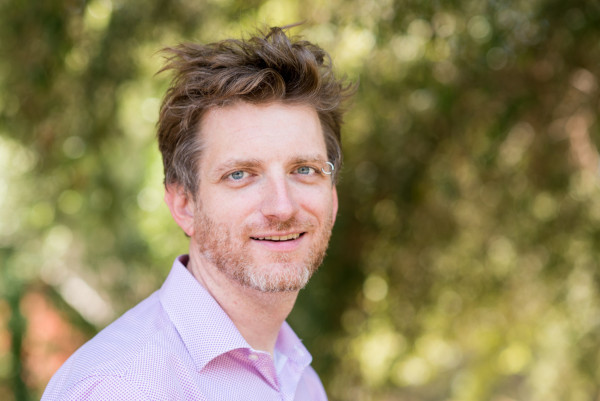The Wikimedia Foundation has developed a set of ML/AI systems that have been shaping editing behaviour on Wikipedia. How these tools have impacted the efficiency and fairness of moderation work will be discussed in "Balancing Open Participation and Information Quality in Wikipedia Using Machine Learning", a talk by Benjamin Mako Hill of the University of Washington. The talk is part of OFAI's 2023 Winter/Spring Lecture Series.
Members of the public are cordially invited to attend the talk via Zoom on Wednesday, 15 February at 18:30 CET (UTC+1):
URL: https://us06web.zoom.us/j/84282442460?pwd=NHVhQnJXOVdZTWtNcWNRQllaQWFnQT09
Meeting ID: 842 8244 2460
Passcode: 678868
Talk abstract: Peer produced information goods like free/open source software and Wikipedia are both increasingly important and increasingly under threat. This talk will describe how Wikipedia has sought to balance its commitment to open editing and its desire to allow participation from unvetted and anonymous users with its need to maintain high information quality in its articles. I will focus on the way that a set of ML/AI systems developed by the Wikimedia Foundation allow scholars to measure the value of contributions from anonymous users and the surprising way that these systems can also be used by the Wikipedia community to shape editing behavior. I will argue that use of these ML/AI systems can both improve the efficiency of moderation work while also making moderation actions more fair to anonymous contributors who are the source of substantial vandalism by reducing reliance on social signals and making norm violations by everyone else more visible.
Speaker biography: Benjamin Mako Hill is an Associate Professor in the University of Washington Department of Communication and an Adjunct Associate Professor in the Department of Human-Centered Design & Engineering, the Paul G. Allen School of Computer Science & Engineering, and the Information School. He is a member of Community Data Science Collective which he founded with Aaron Shaw. At UW, he is also Affiliate Faculty in the Center for Statistics and the Social Sciences, the eScience Institute, and the "Design Use Build" (DUB) group that supports research on on human computer interaction. He is also a Faculty Associate at the Berkman Klein Center for Internet and Society at Harvard University and an affiliate of the Institute for Quantitative Social Science at Harvard.
